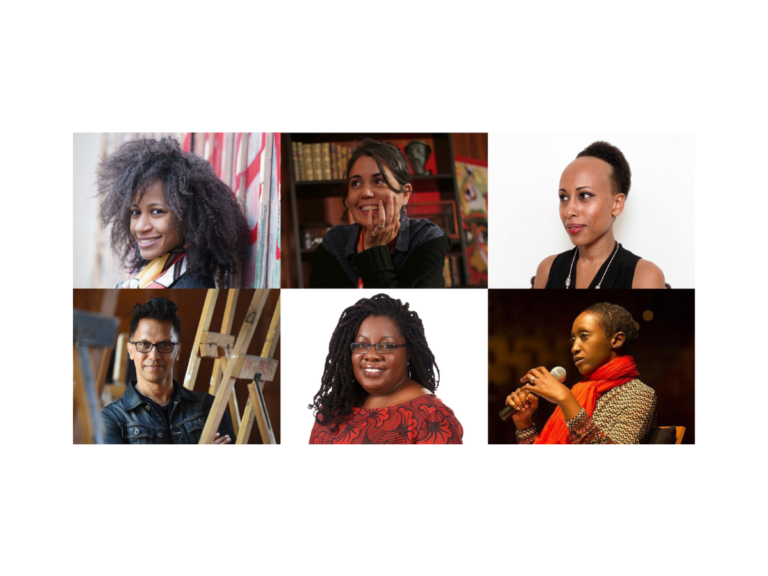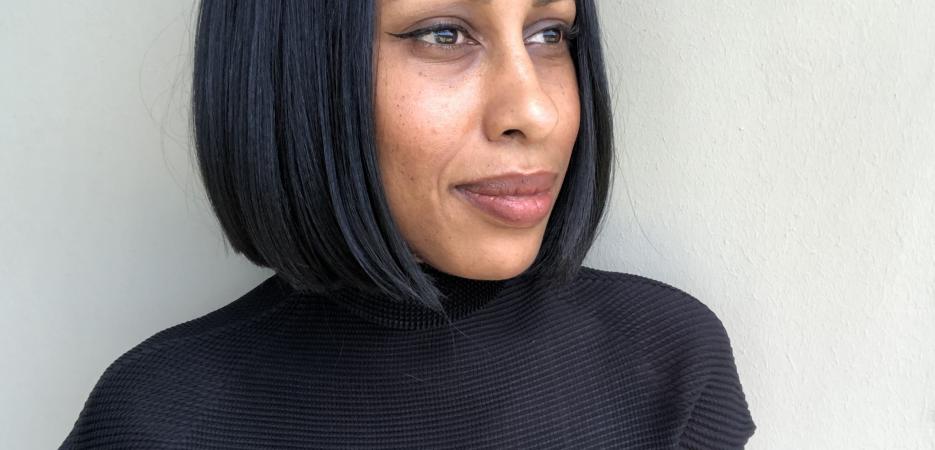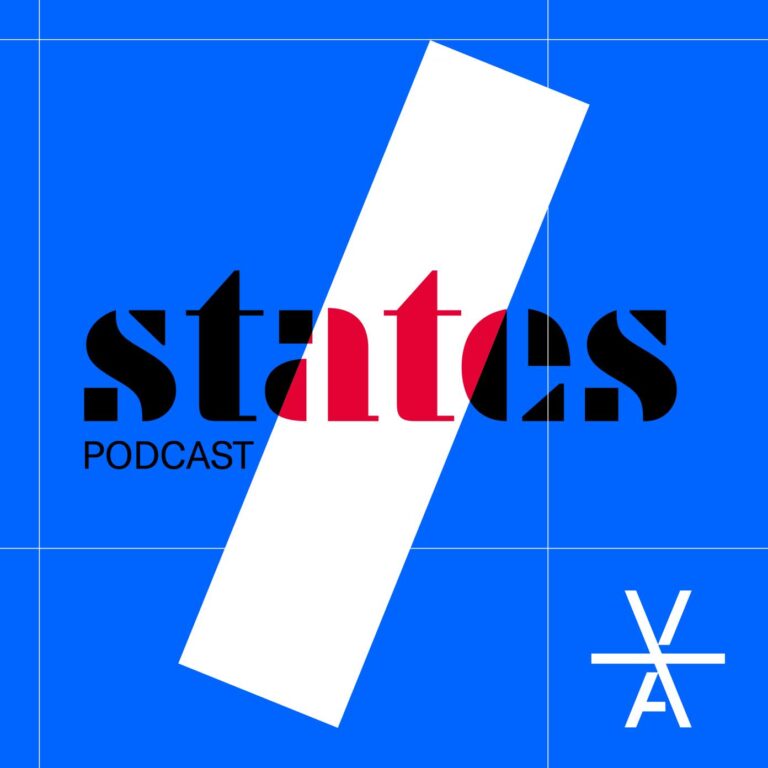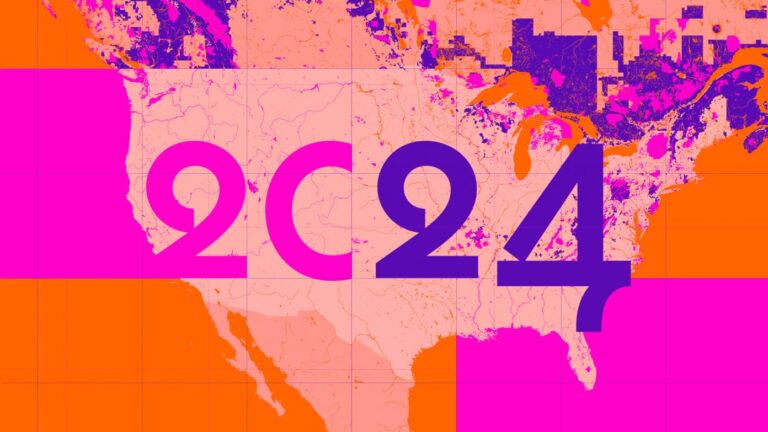
Missla Libsekal
Independent curator
Fall 2022

- Museums
- Visual Arts
- New York
- Washington, DC
“The call to decolonize knowledge is an invitation to look at and see reality from multiple worlds”
I am an independent curator, writer and cultural producer based in Vancouver, Canada. My practice focuses on interdisciplinary research and artistic practice from a Pan African perspective.
A watershed moment in my journey towards art and a practice was a visit to my ancestral home of Asmara, Eritrea in 2004. Ambling along the avenues and streets of the capital city, I marveled at the Modernist architecture. I was filled with curiosity and questions, and the nagging realization that the history and knowledge of this architectural heritage were by in large limited to a few circles and locales in Eritrea and Italy and that the circulation, study and knowledge of its history was geographically limited. The questions that grew out of that experience have informed the trajectory of my practice which has and continues to focus on the circulation and transmission of knowledge, and thinking about archives – those visible, invisible, immaterial or material, and what makes a library generative.
My recent projects include Creating Art Archives (2021) and Beyond What We See. Once upon a time, once upon a future (2021), Les Abattoirs, Musée – Frac Occitanie Toulouse. I am also the founder of Another Africa, a digital platform operating from 2010 – 2016 for writing on and about African and Afro-Diasporic experiences and imaginaries. My writings on existing and emerging lexicons in contemporary visual practice have also been published in The Africa Report, The Guardian, Art Africa, SAVVY art journal, and more.
My area of research looks at how storytelling taps into historically marginalised ways of knowing, and how Black/Diasporic and Indigenous communities use it to reclaim and retell their Histories. When you were never meant to survive, imagining yourself by reclaiming the future space is a radical act. Within the Canadian context where I am based, Black/Diasporic and Indigenous communities have historically been forced to compete to be heard, and have their rights recognised. These oppositional forces echo our contemporary market society which is based on the ruthless competitive imperative: grow or die. The call to decolonize knowledge is an invitation to look at and see reality from multiple worlds: What understanding of the planet, and our place in it might we gain if we could view reality from the multiple archives of traditional, plant, land and ancestral knowledge.
I am interested in how contemporary art-making, and exhibition practices can create space for this kind of generative storytelling. Furthermore, to reflect on how we can learn from the practices and forms of community care and organising within the multigenerational experiences of Black/Diasporic and Indigenous communities surviving dispossession and diaspora. Can this help us to imagine a world based on interdependence rather than extraction? What stories of living in the land can offer better ways of being in relation with the places that we inhabit and occupy? What stories disrupt, and enable new ways of thinking about freedom?
I will focus my residency largely in Washington, D.C with some satellite work in New York. DC is home to major cultural institutions including the national museums of the Smithsonian which operate at the intersection of knowledge diffusion and across disciplinary approach to understanding American experiences.
In particular, my research will focus on the National Museum of African American History & Culture, the National Museum of African Art, National Museum of the American Indian, the National Museum of Natural History, and the Anacostia Community Museum.
My goal is to meet with cultural workers from these institutions, and to visit key archives and institutions dealing with Black/Diasporic and Indigenous histories. In particular, I would like to learn about the strategies these museums are using to create spaces for storytelling, including the protocols and processes implemented for curatorial research, exhibitions and programming based on oral archives, personal histories, family archives and memory. My focus is to gain an understanding on how institutions revalorize and work with knowledge sources including traditional, plant, land, and ancestral knowledge, elders and medicine people which have historically been ignored or even banned. Furthermore, I would like to examine how can interdisciplinary knowledge from non-art fields such as Ethnobotany, and Indigenous Sciences, can be integrated in museums in order to support storytelling. To support this line of inquiry, I will look at how institutions engage academics, in particular scholars from each of the respective communities, to support storytelling for Black/Diasporic and Indigenous storytellers. This includes learning about how museums work with traditional knowledge keepers and elders to present stories that connect artefacts, that humanise and counter static portrayals of Black and Indigenous people. And additionally, to explore what kinds of strategies are used in contemporary art practice to become a platform for marginalised communities to tell the histories that are significant to them.


